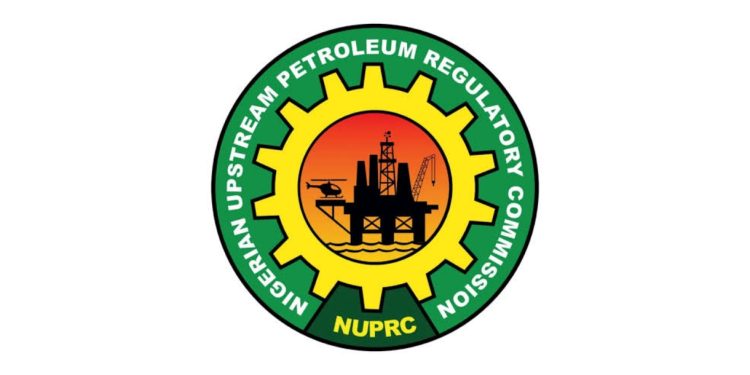The Nigerian Upstream Petroleum Regulatory Commission (NUPRC) has explained the rationale behind its decision to lower the signature bonus from $100 million to $10 million, representing a 90 per cent reduction.
A signature bonus is a non-refundable payment made by a company to the government upon the award of an oil or gas asset or licence. While traditionally a large upfront payment, several countries — including Nigeria — are now reducing or phasing out such charges to attract more investment into the sector.
Speaking at the Nigeria Association of Energy Correspondents (NAEC) Conference 2025 in Lagos, the Commission Chief Executive (CCE), Mr. Gbenga Komolafe, said the move was part of ongoing reforms to revitalise Nigeria’s upstream oil and gas industry.
In his regulatory address titled “Nigeria’s Energy Future and the Role of NUPRC in Driving Upstream Oil and Gas Industry’s Rebound,” Komolafe noted that the Commission, in collaboration with President Bola Tinubu’s administration, adopted the policy to enable investors to commit more capital to field development rather than upfront payments.
According to him, the policy shift has boosted investor confidence, encouraged early production, and enhanced Nigeria’s reputation as an open, transparent, and competitive upstream jurisdiction.
Komolafe added that beyond the signature bonus reduction, the NUPRC is also focusing on production optimisation and recovery enhancement to maximise value from existing oil and gas assets.















